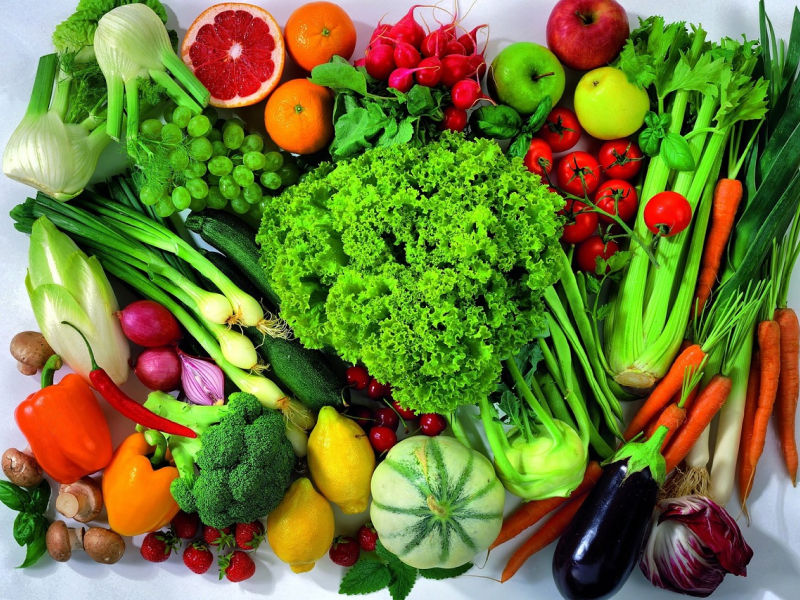Table of Contents

Do ultra-processed foods truly deserve the blame for rising obesity rates? For years, these foods have been demonized for contributing to weight gain and public health issues. However, a recent report by the US Dietary Guidelines Advisory Committee (DGAC) has cast doubt on this commonly held belief. Their findings suggest that the relationship between ultra-processed foods and obesity might not be as straightforward as once thought.
This revelation has sparked debates in the nutrition community and among consumers alike. Could it be time to reframe how we approach processed foods in our diets? Let's break down the evidence, evaluate the report, and discuss what it means for your health.
The DGAC's recent review of over a dozen studies is making waves, and here's why:
While these findings challenge popular beliefs, they don't dismiss the potential health risks of ultra-processed foods entirely.
As a nutrition enthusiast, I find these findings thought-provoking. They call into question the oversimplified narrative that all ultra-processed foods are harmful. Instead, they emphasize the complexity of nutrition science.
For example, not all ultra-processed foods are nutritionally void. A carbonated soft drink may be devoid of health benefits, but a fortified multigrain bread contains fiber, vitamins, and even protein. Painting all ultra-processed foods with the same brush overshadows these nuances.
This perspective doesn't absolve processed foods of all criticism. Their links to health issues like Type 2 diabetes, heart disease, and cancer remain well-documented in other studies. However, it urges us to evaluate their role in a balanced diet with a more critical and informed lens.
Based on these findings, what’s the best way to approach ultra-processed foods in your diet while optimizing for health?
Whole foods like fruits, vegetables, whole grains, and lean proteins should form the foundation of your diet. They're rich in essential nutrients and free from artificial additives.
Not all processed foods are created equal. Evaluate their nutritional content and ingredients rather than relying on labels alone. For instance:
The DGAC confirmed what many health professionals emphasize—calories in versus calories out is a fundamental rule of weight management. Pay attention to portion sizes, even with healthier food options.
Keep an eye on lists of artificial preservatives, stabilizers, or other ingredients you wouldn't typically use in home cooking. Moderation is key, especially for foods high in sodium, added sugars, or unhealthy fats.
Enjoy sensible indulgences without guilt by adopting the 80/20 rule—80% whole, nourishing foods and 20% thoughtful indulgences.
Nutrition science evolves rapidly. Findings like those in the DGAC’s report highlight the importance of staying informed and questioning what we think we "know" about food.
The DGAC's report serves as a reminder of the complexity of nutrition science and the importance of evidence-based dietary recommendations. While ultra-processed foods may not directly cause obesity, they are a piece of a much larger puzzle involving overall calorie consumption, food quality, and lifestyle choices.
As consumers, we can make smarter decisions by staying informed, evaluating our dietary habits critically, and striving for balance rather than perfection.
Curious how you can make better food choices and achieve a healthier lifestyle? Follow our blog for the latest insights, tips, and research-backed advice to support your nutritional goals. Because when it comes to your health, knowledge really is power!
This report is far from the final word on ultra-processed foods and their impact on health. It shows how science evolves and underscores the importance of rigorous, unbiased research. For now, the takeaway is clear—make informed choices, focus on balance, and don’t fall for oversimplified dietary narratives. After all, food is more than just fuel; it’s a vital part of our lives that deserves thoughtful consideration.